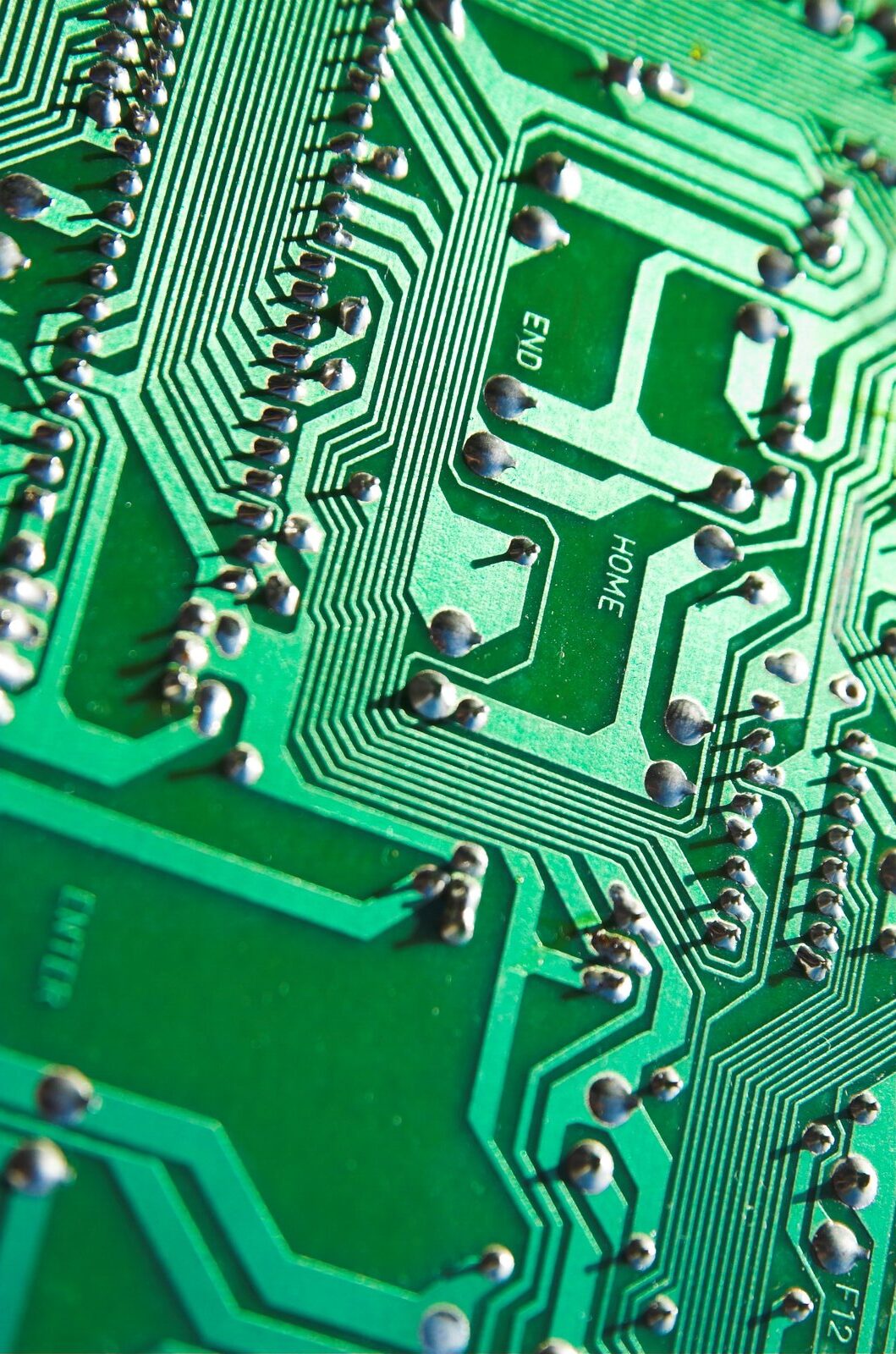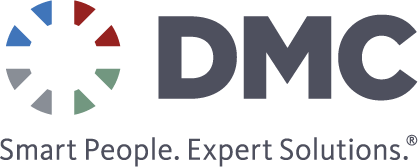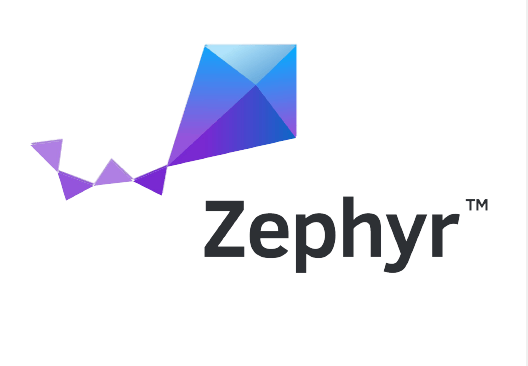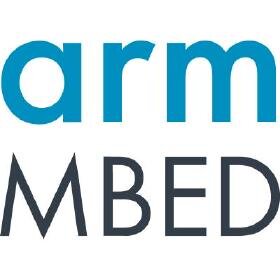DMC is a leading firmware development company with extensive experience in designing and programming custom embedded systems. Our team of expert engineers delivers high-quality firmware programming services, ensuring seamless integration between electronics and software. With a balance of flexibility and structured processes, we provide scalable solutions tailored to complex embedded system needs.
Firmware Development Services
As a trusted firmware company, DMC specializes in all aspects of development, including:

RTOS Integration
Real-Time Operating System expertise for efficient task management
Bootloaders
Custom and secure bootloader development
Low-Level Driver Development
Expertise in a variety of Parallel, SPI, UART, I2C, PWM, ADC, BMS, and non-standard protocols.
Complex Communication Protocols
Support for USB, TCP/IP, PCIe, SATA, Modbus, RS485, CAN, Bluetooth/BLE, Wi-Fi, LoRa, and custom wireless communication
Data Storage Solutions
Including MMC/eMMC, SD Card, NAND Flash, NOR Flash, SDRAM, EEPROM support.
Security and Encryption
Implementation of TLS, certificates, firmware signing, and secure data storage.
Advanced Algorithms
Focusing on developing a comprehensive system logic and employing Digital Signal Processing (DSP) techniques.
Performance Optimization
Efficient system design, including DMA integration.
Ready to start your next project? We can help.
Reduce Development Time
To reduce development time and costs, our firmware programming and development services leverage industry-leading third-party libraries, including:
Firm Development Best Practices
At DMC, we follow industry best practices to ensure robust, secure, and scalable firmware solutions. Our development process includes:
- Comprehensive test plans
- Continuous integration and automated unit testing
- Static analysis for code integrity
- Defensive programming techniques
- Structured code reviews for quality assurance
- Version control using GitLab
As an experienced firmware development company, we develop C/C++ applications using various IDEs and toolchains, including GCC, IAR, Keil, and Microchip, among others.
FAQs
What is embedded Firmware?
Embedded Firmware is low-level software designed to control and operate hardware devices and it is usually specific to the hardware it runs on.
How does Firmware differ from Software?
The term Software refers to a broad category of programs and applications that run on a computer or device, encompassing everything from operating systems to applications and utilities. But Firmware is a specific type of software that is closely tied to hardware and is embedded in devices to control them. It typically runs on low-level hardware.
How does firmware differ from software in terms of changeability?
Firmware is typically stored in non-volatile memory and designed for low-level hardware control, making updates more complex and less frequent. In contrast, software operates at a higher level and is easier to modify, often allowing for frequent updates without direct hardware interaction. Many modern embedded systems use over-the-air (OTA) firmware updates to improve flexibility while maintaining security.
What should be considered when designing a custom baseboard for an embedded system?
Designing a custom baseboard requires careful selection of processors, memory, and peripheral interfaces to meet system requirements. Power management, thermal considerations, and component availability also play a key role in ensuring reliability. Additionally, compatibility with the firmware and software stack should be prioritized to enable seamless integration and long-term maintainability.
Do you work with specific libraries or communication protocols in firmware development?
Yes, DMC has extensive experience working with a wide range of firmware libraries and communication protocols across diverse embedded platforms. Our engineers are well-versed in popular libraries such as FreeRTOS, Zephyr, LWIP, and FatFS, and have implemented complex protocols like CAN, Modbus, USB, TCP/IP, and RS485. We tailor our solutions to match each project’s requirements, ensuring efficient and reliable system performance. If you’re using a specific library or protocol, chances are—we’ve worked with it!




